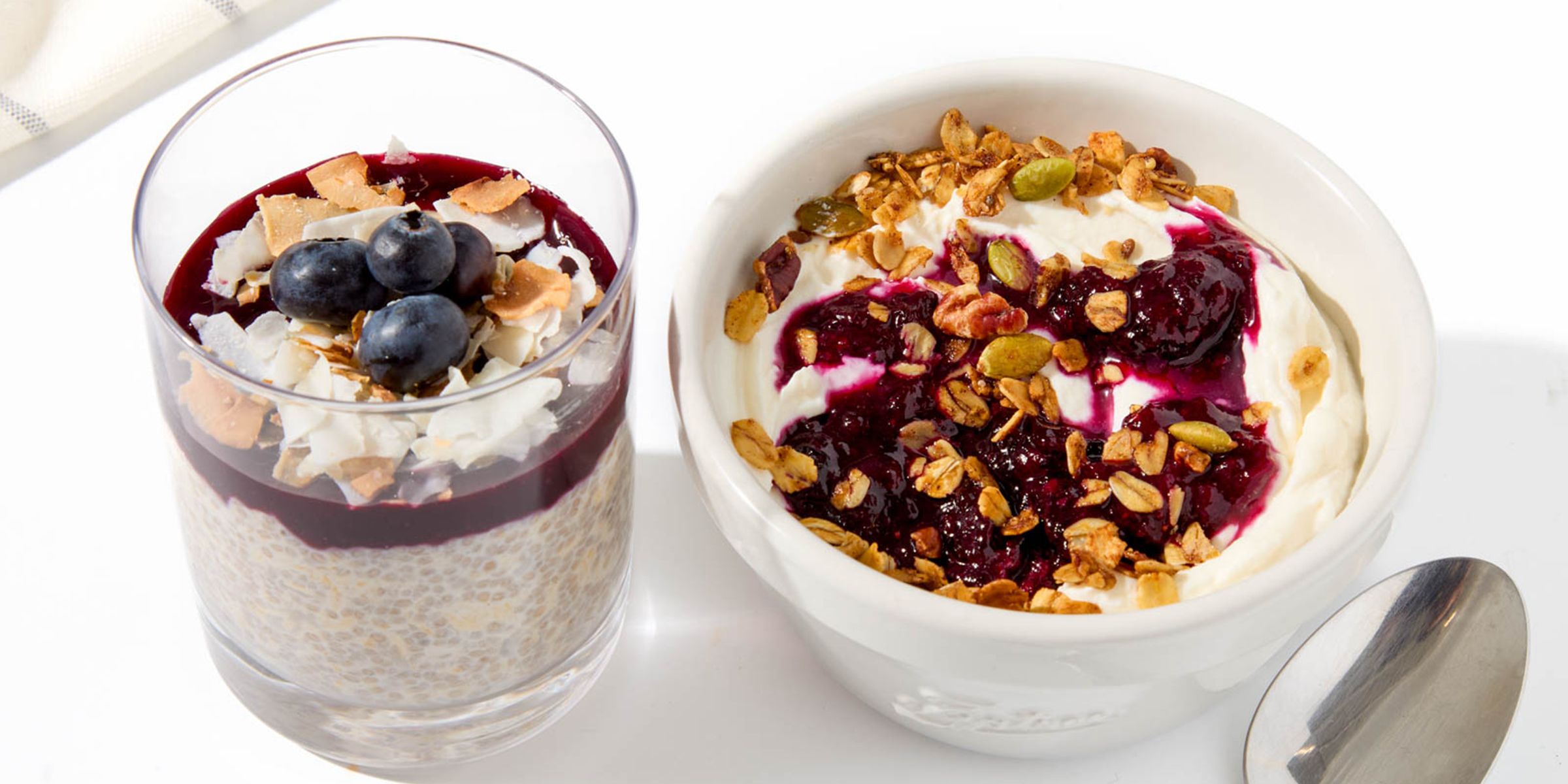Blog > Diets, Dairy-free, Vegan
What Is Vegan Cheese Made Of? A Dairy-Free Alternative
CookUnity | 3/30/2023

Related Articles

Hack your high-protein meal plan this fall
Fuel your fall with high-protein, chef-made meals. Discover calorie-specific meal plans, low-carb options, and seasonal recipes to hit your goals without sacrificing flavor.

Sam Oriach |
Recipe created on: 9/6/2025

20 low-sugar vegetables: A guide to health-conscious cooking
Low-sugar vegetables ranked with cooking tips, nutritional insights, and meal ideas for diabetes, low-carb, and healthy diet planning.

Sam Oriach |
Recipe created on: 6/22/2025

25 delicious low-sugar recipes for everyday health
Low-sugar recipes for every meal—discover 25 flavorful options from breakfast to dessert with easy ingredients, fewer added sugars, and simple directions.

Sam Oriach |
Recipe created on: 6/22/2025